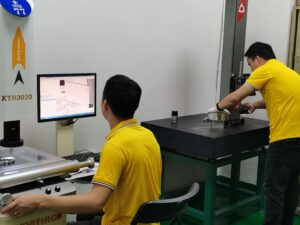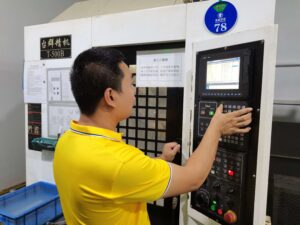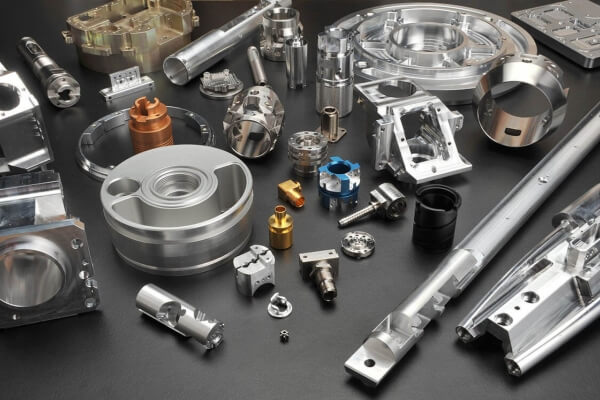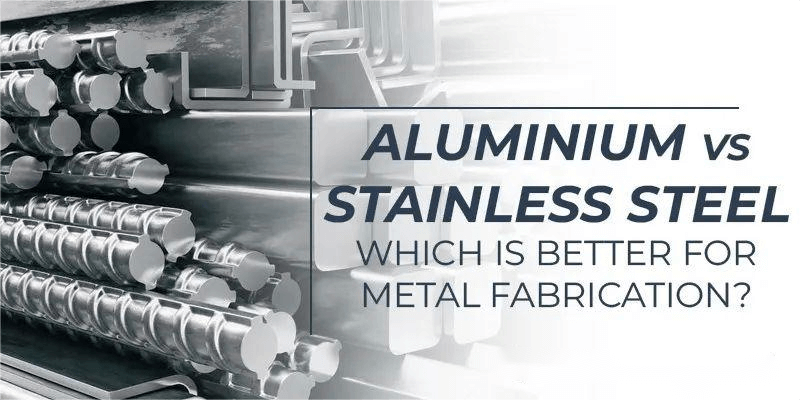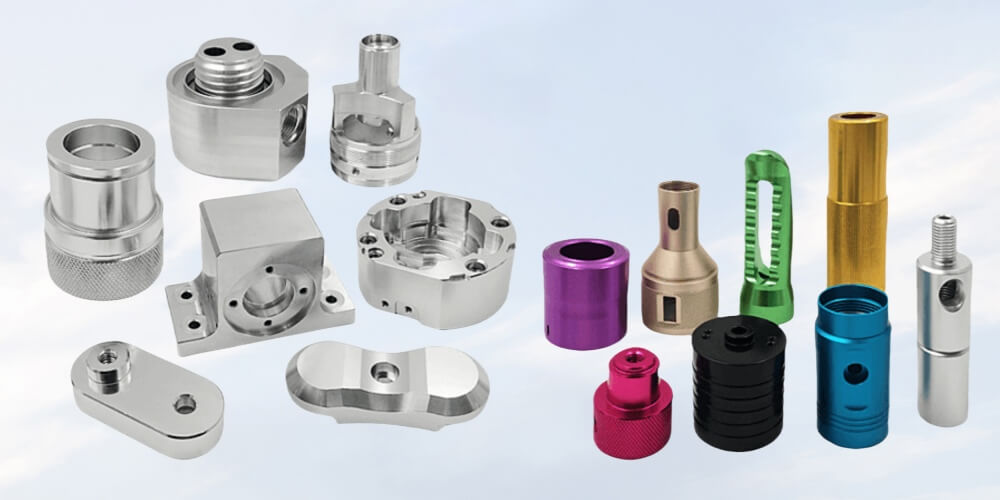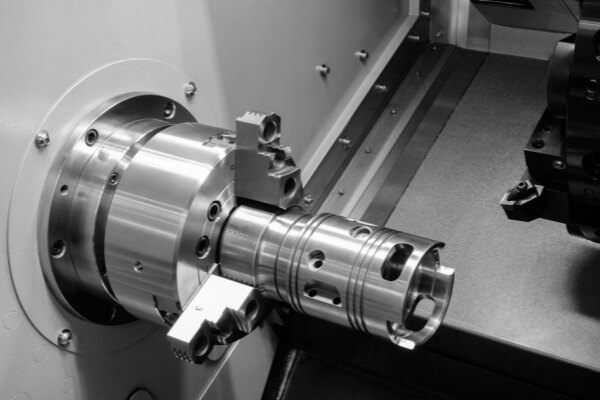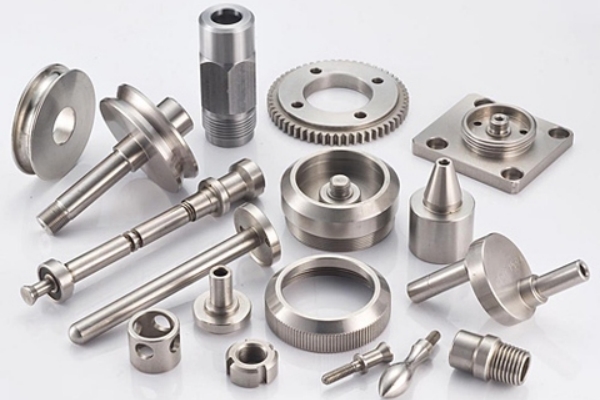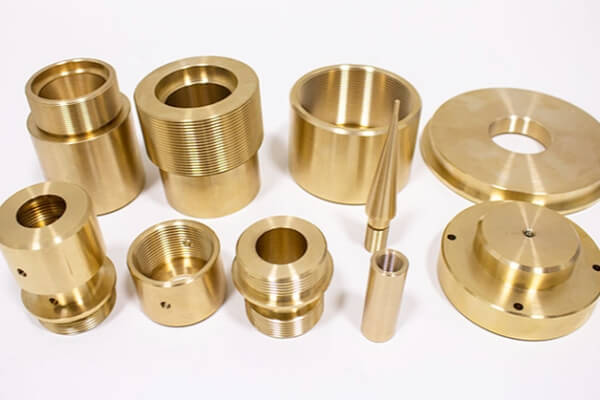What Determines the Diverse Applications of ADC12 and 6061 Aluminum?
Differences Between ADC12 and 6061 Aluminum In the large family of aluminum alloys, ADC12 and 6061 aluminum play important roles in numerous fields with their unique properties. Although they both belong to aluminum alloys, there are significant differences in composition, properties, and applications. Understanding these differences helps us make more appropriate material choices in various […]



